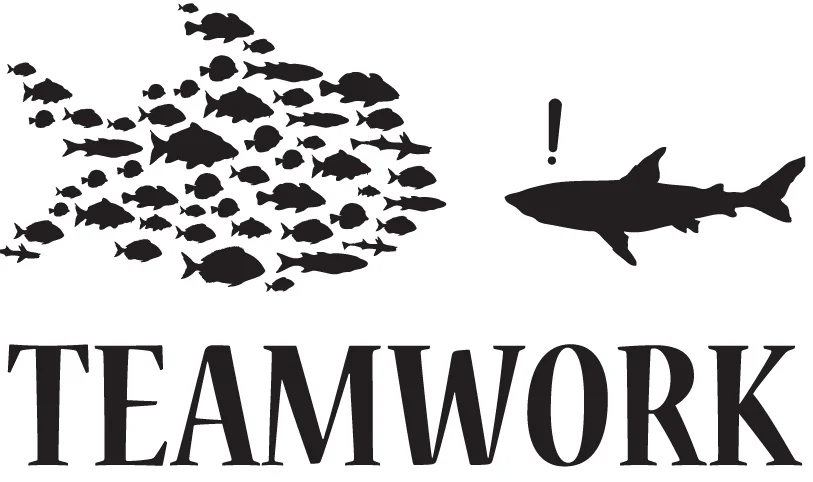Successfully running a film set requires very specific leadership skills. Vince Duque, 1st Assistant Director to projects like “House” and “Battle Creek” shares 11 Leadership Principles he learned in the US Marine Corp, and how they can be repurposed as core filmmaking tips for directors and line producers to become more effective leaders on set.
We’ve studied the Marine’s 11 Leadership Principles and created the 11 Principles of Leadership for Filmmakers. Whether you are a 1st AD, 2nd AD or a producer, these best practices could help mitigate some of the most common issues that productions face when distributing call sheets.
LeaDership Principle 1
Be Technically Proficient
Be well prepared before you get to the film set. This means have your shot list ready, storyboards fleshed out, locations tech scouted, paperwork in order, and proper call sheets sent and confirmed by your cast and crew which StudioBinder simplifies.

Experts are always prepared
LEADERSHIP PRINCIPLE 2
Know Yourself and Seek Self-Improvement
Have a clear understanding of your natural strengths and work towards them. From cradle to set, we focus too long trying to “fix” our shortcomings versus developing our innate strengths. Gallup Poll has written a New York Times Bestseller on this very subject titled StrengthFinder.
We recommend picking up the book to help you understand and develop your natural strengths into super powers on set.
LEADERSHIP PRINCIPLE 3
Understand your team and look out for them
Understand your crew’s strengths and shortcomings so you can anticipate how they’ll react to challenges on set. Understanding your team will help you better tailor your requests to be more effective. Sometimes people can be difficult on set, and need to communicated with uniquely.
Leadership Principle 4
Keep Your Cast and Crew Informed
One of the most important filmmaking tips thus far. Informed teams perform better. Keep your talent & crew in the know. Explain the reasoning behind decisions. Providing information inspires initiative, builds teamwork and increases morale.
A great way to provide information and align your team behind the day’s goal is to include a detailed schedule on every call sheet. StudioBinder makes it easy to add mobile-friendly schedules. It’s quickly accessible on everyone’s phones, keeps everyone in the loop, and sets expectations.
LEADERSHIP Principle 5
Lead by Example
The military often echoes the famous Gandhi quote, “Be the change.” As the director, 1st AD, or line producer on set, your cast and crew all watch you. Your appearance, your attitude and your grace in dealing with difficult situations. If your personal standards are high, then you can rightfully demand the same from your team.
Principle 6
Make Sure The Task Is Understood
You can’t expect your team to be mind-readers.
For them to know what you expect of them, you must concisely communicate what you need, and get their buy-in. This is why the word “copy” is so often used on set. It means you were heard and understood. Then make sure to follow up with each department to make sure the task was completed.

The Copy Cat
Leadership Principle 7
Train your crew to work together
Filmmaking is a collaborative effort which means each department relies on one another to get the job done. Emphasize the importance of teamwork to your crew and teach them to operate as one.

Although, realistically, those fish are toast
Leadership Principle 8
Make timely decisions
Follow your gut when you have to make a difficult decision. Time is ticking, so there’s no room to walk around and mull it over a latte. If you make a bad call, revise it.
Your team will respect you for being decisive, and course correcting if necessary.
Leadership Principle 9
Delegate responsibility
When you delegate, you are indicating that you trust your crew. Your crew will feel a sense of pride and responsibility when they successfully accomplish their tasks.
Leadership Principle 10
Challenge your crew
Seek challenging tasks for your crew, but make sure it’s something they are capable of achieving.

The Revenant production was not easy, but it's now a a badge of honor
LEADERSHIP PRINCIPLE 11
Most importantly, challenge yourself
Always push yourself to take on new challenges as well. This is the key to growth. As a film director, 1st AD or line producer, your expertise must be deep enough for people to trust you.
Experience is hard-earned.
It also means taking responsibility if you fall short. Accept constructive criticism that comes along with it. Feedback is precious, and helps you grow faster.
This post was inspired by a conversation with Vince Duque, 1st AD (Battle Creek, House) and Graduate of the US Military Academy at West Point.
Project management for video creatives. Tasks, file sharing, calendars and more.
Manage video production timelines, tasks, storyboards, shot lists, breakdowns, call sheets. Made for video creatives, new media and film.
